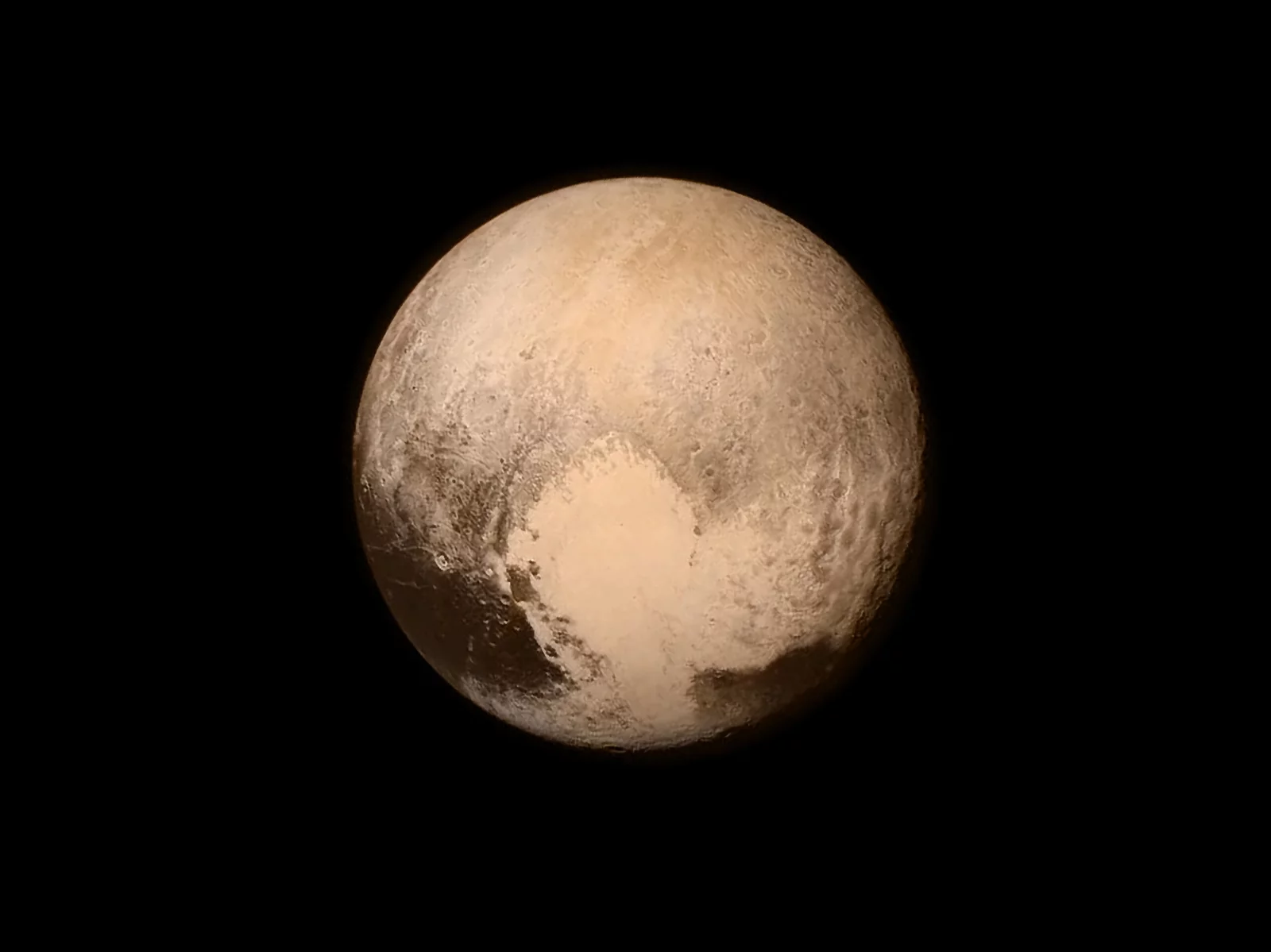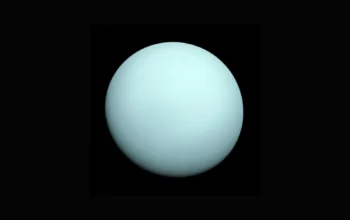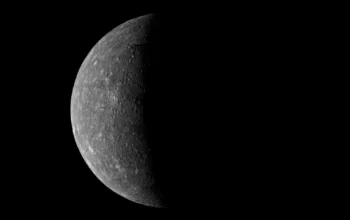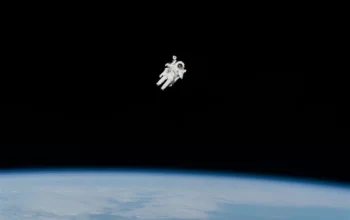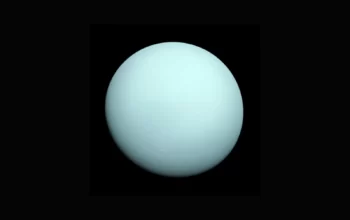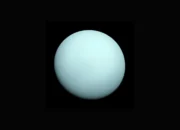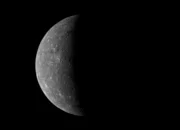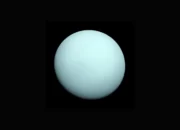middleportal.com – When it comes to celestial bodies, few are as intriguing and mysterious as Pluto. This dwarf planet, located at an average distance of 3.7 billion miles (5.9 billion kilometers) from the Sun, has captivated the imaginations of scientists and space enthusiasts alike. In this blog post, we will explore the size of Pluto in comparison to Earth, shedding light on its diminutive stature and its place in our vast universe.
With a radius of 715 miles (1,151 kilometers), Pluto is about 1/6th the width of Earth. To put it in perspective, if Earth was the size of a nickel, Pluto would be about as big as a popcorn kernel. Just imagine that for a moment! Our home planet, with all its grandeur and diversity, is more than six times larger than this distant world.
But don’t let its small size fool you. Despite being smaller than our Moon, Pluto has a lot to offer in terms of scientific discovery. Its surface is composed of a mixture of rock and ice, with a thin atmosphere that freezes and falls to the ground as snow. The landscape is dotted with mountains, valleys, and even a heart-shaped feature known as Tombaugh Regio. This unique geological makeup makes Pluto a fascinating subject of study for astronomers and planetary scientists.
Pluto’s distance from the Sun is another factor that sets it apart from Earth. At a staggering 39 astronomical units away from our star, it takes sunlight over five hours to reach this distant world. Compare that to the mere 8 minutes and 20 seconds it takes for sunlight to reach Earth, and you begin to grasp the vastness of our solar system. It’s no wonder that Pluto has such a frigid and inhospitable environment!
Despite its small size and extreme distance, Pluto has managed to capture our collective imagination. Its discovery in 1930 by astronomer Clyde Tombaugh sparked a sense of wonder and curiosity about the outer reaches of our solar system. And even though it was reclassified as a dwarf planet in 2006, it continues to be a source of fascination for scientists and the public alike.
In conclusion, while Pluto may be tiny compared to Earth, its significance in our understanding of the universe is immense. It serves as a reminder of the vastness and diversity of our solar system, and the endless possibilities that lie beyond. So the next time you gaze up at the night sky, take a moment to appreciate the small but mighty world of Pluto, silently orbiting in the depths of space.
